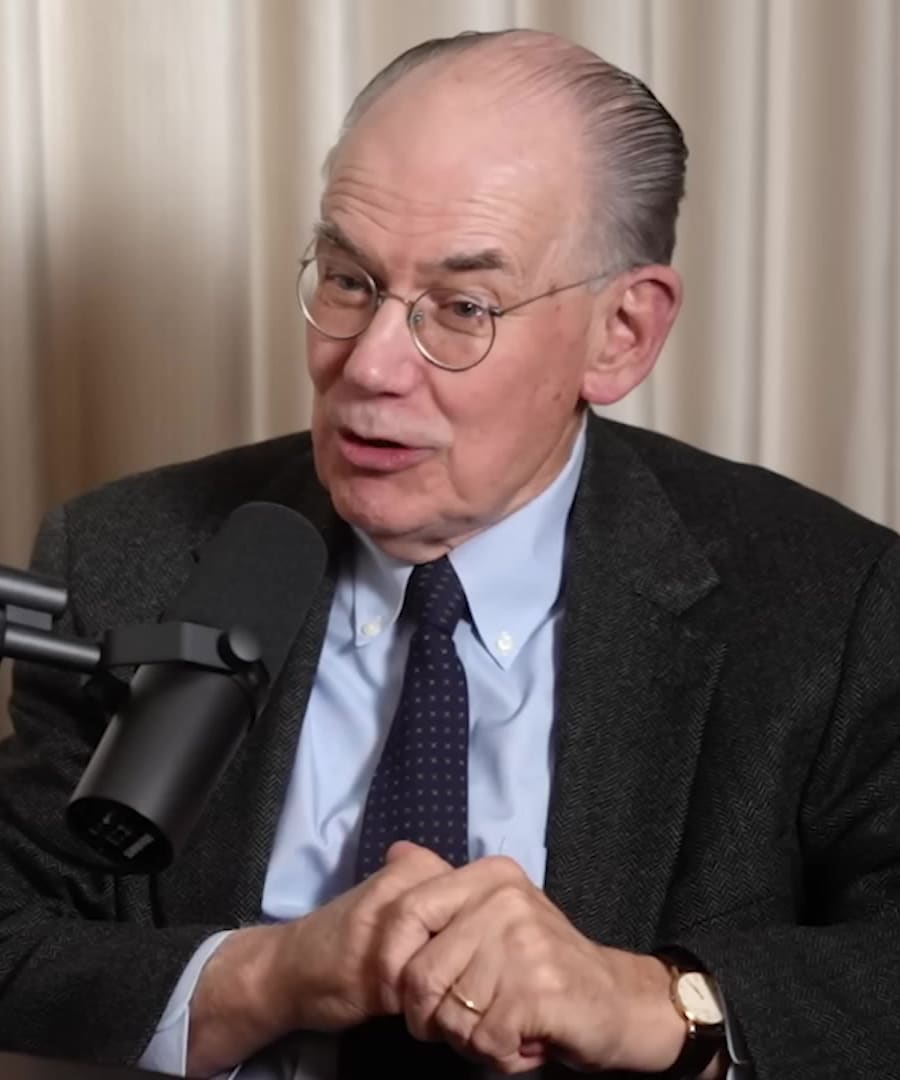What determines a nation's power?
Sources:
Nation's power is largely determined by two key factors: population size and wealth. asserts that in international relations, power is the essential currency, crucial for a nation's survival due to the absence of a global higher authority. This anarchic system pushes states to maximize their power to protect themselves.
- Population Size: A larger population can contribute to military strength and economic productivity.
- Wealth: Economic resources are vital for sustaining power, enabling technological and military advancements.
Historically, changes in power dynamics often align with shifts in population and economic capabilities. For instance, the United States and China illustrate how increases in both population size and wealth bolster their global influence. Conversely, even countries with large populations might not be considered great powers if they lack sufficient wealth 1 2.
An understanding of these factors provides insight into both current global powers and future projections of national influence.
RELATED QUESTIONS

